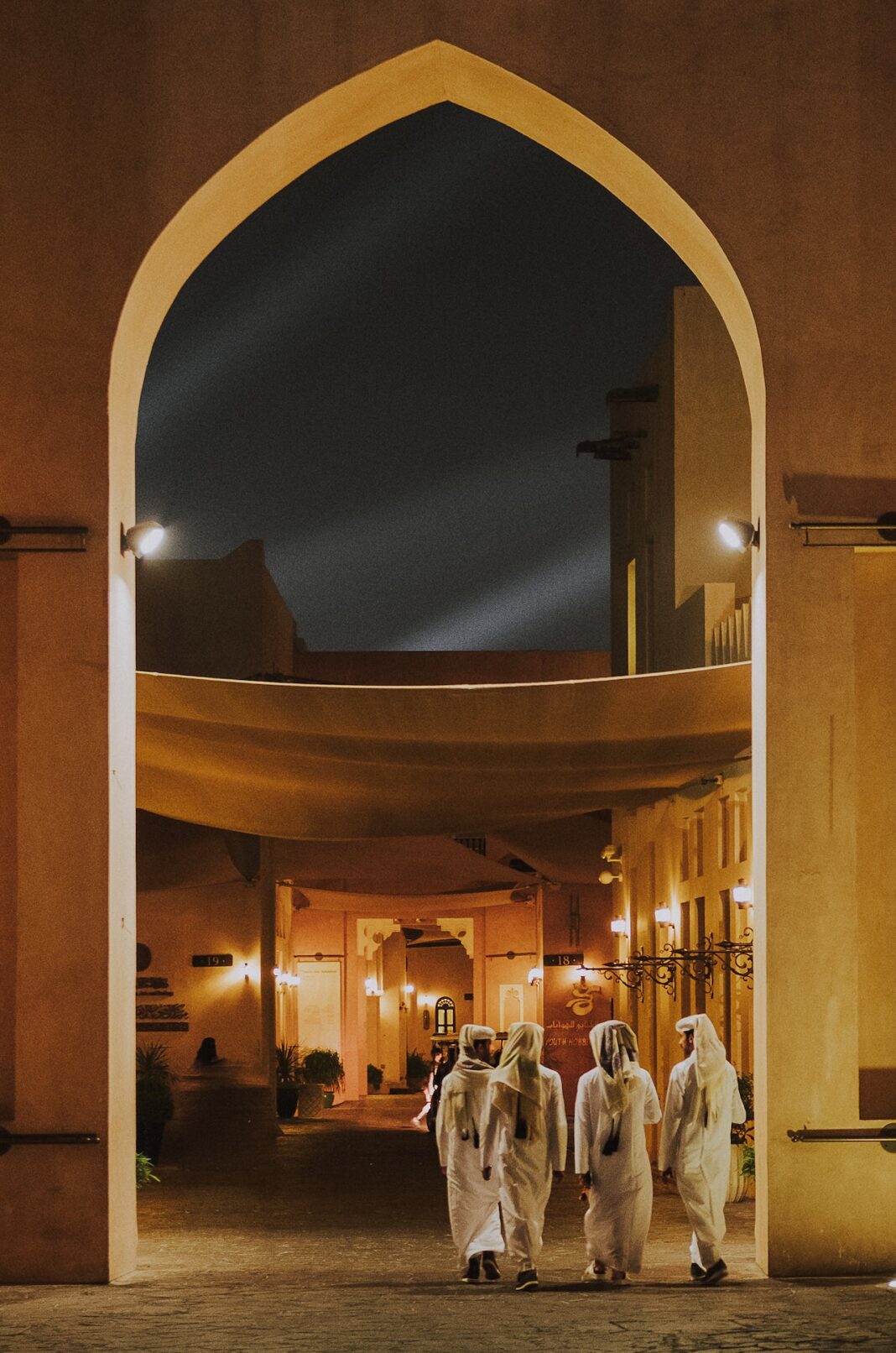Zakat, one of the Five Pillars of Islam, is an important charitable practice in Islam. During the holy month of Ramadan, it is a time when Muslims are encouraged to give more generously to those in need. In this article, we will explore the significance of Zakat during Ramadan, how it is calculated, and who is eligible to receive it.
What is Zakat?
Zakat is an obligatory form of charity that is required of every Muslim who meets certain conditions. It is a means of purifying one’s wealth and giving back to the community. The word Zakat comes from the Arabic word “zakaa,” which means to purify or to make pure.
Zakat is often referred to as the third pillar of Islam, following the declaration of faith and prayer. It is a mandatory payment that must be made on an annual basis to help those in need. It is not voluntary, but rather a religious obligation.
The Significance of Zakat During Ramadan
Ramadan is a time when Muslims are encouraged to focus on their spirituality and to perform good deeds. Giving Zakat during this holy month is considered especially virtuous, as it is a time when Allah’s blessings are more abundant.
In addition to the spiritual significance, giving Zakat during Ramadan has practical benefits as well. Many Muslims choose to give their Zakat during this month because it is a time when people are more aware of those who are in need. It is also a time when people are more likely to be generous, as the blessings of Allah are more abundant.
Calculating Zakat
Zakat is calculated based on the total amount of wealth that a person possesses. This includes money, gold, silver, property, and other assets. The rate of Zakat is 2.5% of the total amount of wealth.
There are specific guidelines for calculating Zakat, depending on the type of wealth that is being considered. For example, if a person has money, then Zakat is calculated based on the amount of money that they have in their possession. If a person has gold, then Zakat is calculated based on the weight of the gold.
Who is Eligible to Receive Zakat?
Zakat is given to those who are in need, and there are specific guidelines for determining who is eligible to receive it. According to Islamic law, there are eight categories of people who are eligible to receive Zakat:
- The poor
- The needy
- Those who are employed to collect Zakat
- Converts to Islam
- Those who are in debt
- Those who are stranded while travelling
- Those who are fighting in the cause of Allah
- Those who are unable to pay their debts or fulfill their basic needs
Zakat is a vital practice within the Islamic faith, and it has immense significance during the holy month of Ramadan. It is a means of purifying one’s wealth and giving back to the community, strengthening one’s faith in the process. By giving Zakat, Muslims are fulfilling their religious obligation and helping those who are in need. The act of Zakat reminds Muslims to be grateful for their blessings, and to recognize the hardship that others may be facing.
Despite being a crucial aspect of the Islamic faith, calculating Zakat can be a complex process. Numerous factors must be considered, such as the value of all assets and debts, the nature of the wealth, and the eligibility of the recipient. Fortunately, guidelines are available to assist individuals in determining the appropriate amount to give. These guidelines not only simplify the process for givers, but also ensure that Zakat is distributed in accordance with Islamic law.
Furthermore, specific categories of people are eligible to receive Zakat during Ramadan, including the poor, the needy, and those in debt. It is the responsibility of the giver to ensure that their Zakat reaches those who are most in need of it. By supporting these individuals, Muslims are embodying the values of compassion and generosity that are central to their faith. The act of giving Zakat not only benefits those who receive it, but also has a profound effect on the giver themselves. It fosters a deeper spirit of empathy, and encourages Muslims to remain mindful of the suffering of others.
Zakat, the third pillar of Islam, is a mandatory charitable contribution based on one’s wealth and possessions, which Muslims are required to give during Ramadan. Zakat plays an essential role in fulfilling the needs of the less fortunate, which is at the heart of Islam. It is a way of fulfilling our obligation to those less fortunate, and it strengthens the sense of community among Muslims. Giving Zakat is not only a religious duty, but it also has significant social and economic benefits. It is a unique system for wealth redistribution and helps to alleviate poverty and uphold social justice.
Zakat is calculated at 2.5% of an individual’s total net worth and is distributed to the following categories of beneficiaries: the poor, the needy, new converts to Islam, those in debt, travelers, and those who need to pay a penalty for a wrongdoing. However, it is important to note that Zakat should be given directly to those who are eligible and in need, instead of charitable organizations or intermediaries unless they have been authorized to distribute Zakat. This helps ensure that the Zakat money reaches the intended recipients and is not misused, which can happen when there are intermediaries involved. In this regard, we are reminded of the Prophet Muhammad’s (PBUH) teachings to give Zakat with sincerity and empathy, knowing that we are only trustees of what we possess and that God has the power to take away our wealth at any moment.
Zakat during Ramadan is not only a religious obligation but also an opportunity to give back to the community and help those in need. It is a reminder that our wealth is a trust from Allah, and we should use it to benefit others and seek His pleasure.
In conclusion, Zakat is a pillar of Islam that requires Muslims to give a portion of their wealth to those in need. Ramadan is a special time of the year when Muslims are encouraged to give generously and help alleviate the suffering of the poor and needy. By following the guidelines of Zakat and giving with a sincere intention, we can not only fulfill our religious obligation but also make a positive impact on the lives of those around us.


